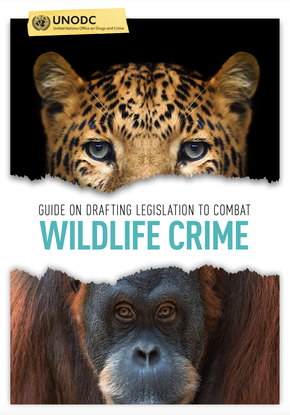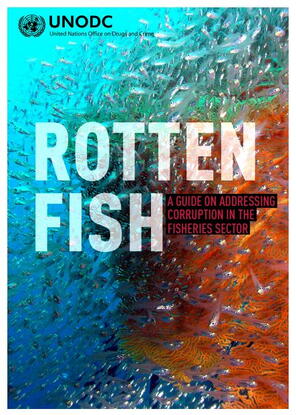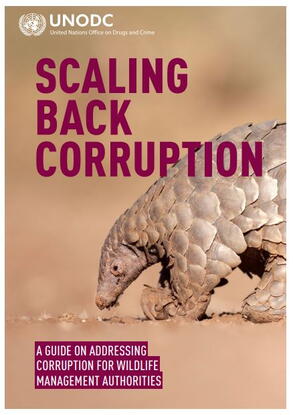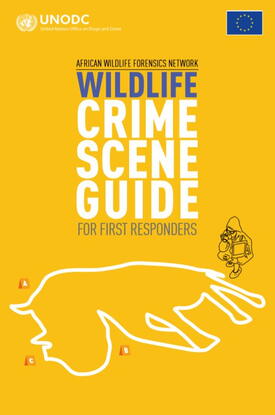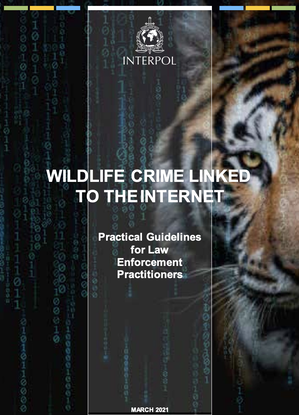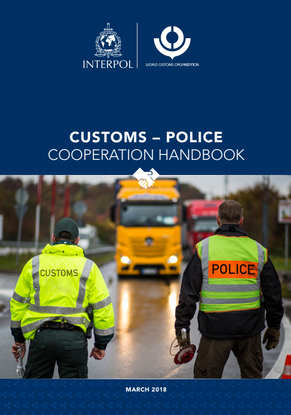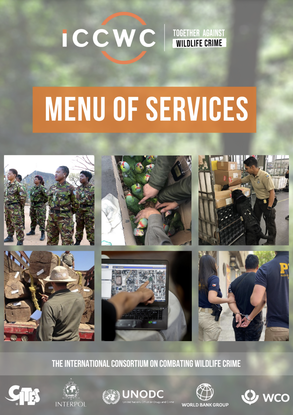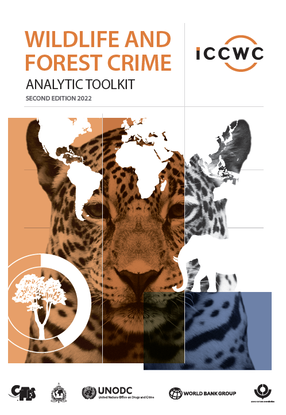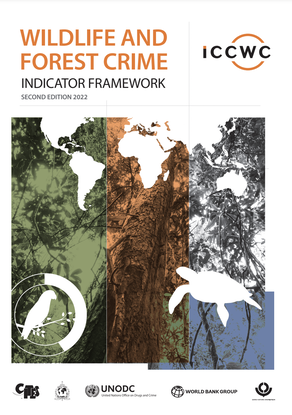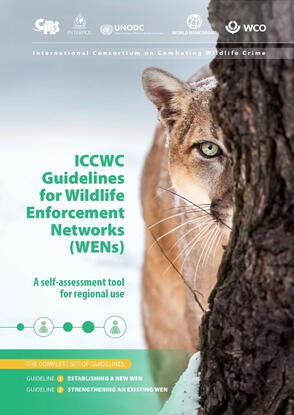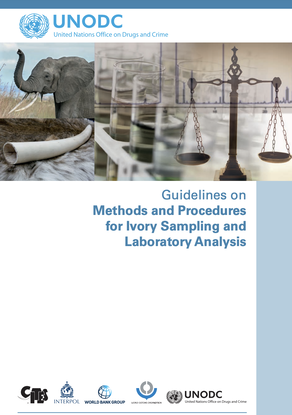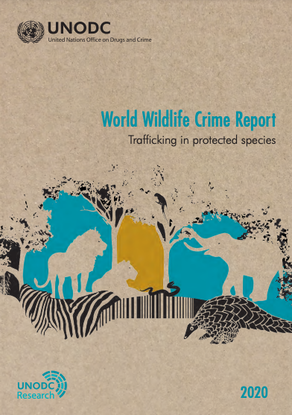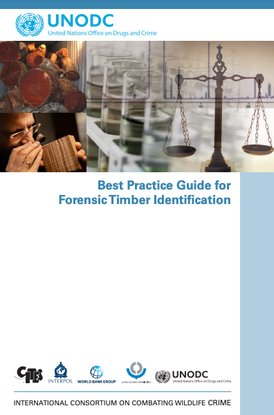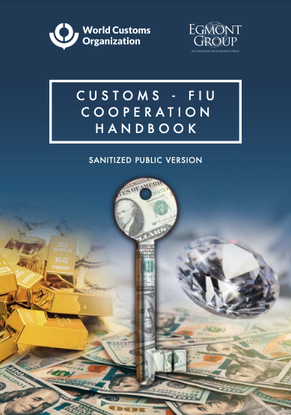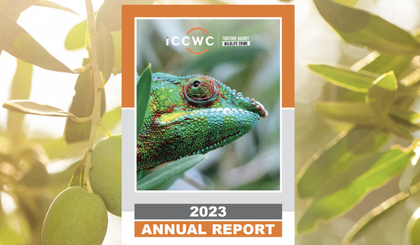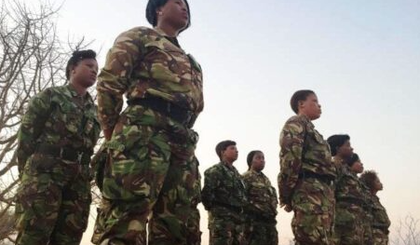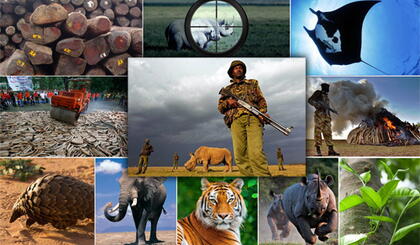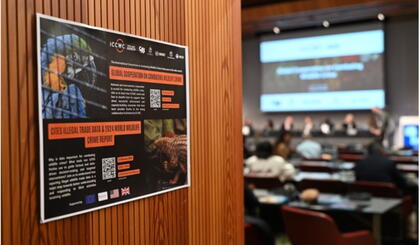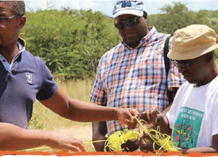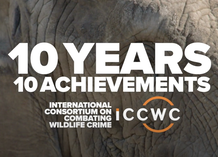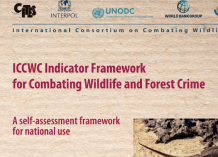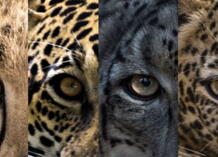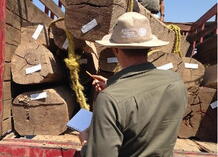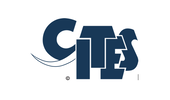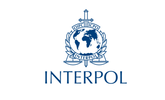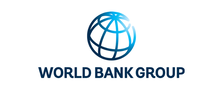The 2023 Annual Report highlights the successes and achievements of countries supported by ICCWC in combating wildlife and forest crime.
Read all ICCWC Annual Reports here.
The ICCWC Vision 2030 provides a roadmap that will guide the delivery of ICCWC’s work in the decade to come and enable addressing wildlife crime in a holistic and comprehensive manner.
The Vision identifies five critical ICCWC outcomes which recognize the importance of both proactive and reactive responses to combating wildlife crime:
a) reduced opportunity for wildlife crime;
b) increased deterrence of wildlife crime;
c) increased detection of wildlife crime;
d) increased disruption and detention of criminals; and
e) evidence-based actions, knowledge exchange and collaboration, as a basis for the achievement of the first four outcomes and to drive ICCWC’s impact.
The International Consortium on Combating Wildlife Crime (ICCWC) is the collaborative effort of five inter-governmental organizations.
ICCWC works with officials from across the criminal justice system in countries around the world, to strengthen these systems and provide authorities with coordinated support to combat wildlife and forest crime.
The partner agencies to ICCWC are the Convention on International Trade in Endangered Species of Wild Fauna and Flora (CITES) Secretariat, INTERPOL, the United Nations Office on Drugs and Crime (UNODC), the World Bank Group (WBG) and the World Customs Organization (WCO).
ICCWC considers ‘wildlife’ to include all wild fauna and flora, including animals, birds and fish, as well as timber and non-timber forest products.
‘Wildlife crime’ refers to the taking, trading (supplying, selling or trafficking), importing, exporting, processing, possessing, obtaining and consumption of wild fauna and flora, including timber and other forest products, in contravention of national or international law.

